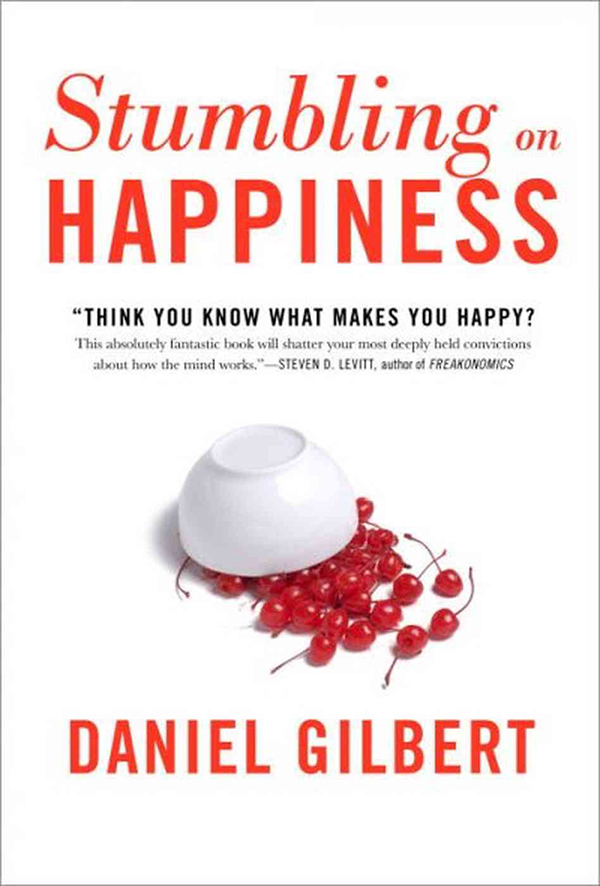“Stumbling on Happiness” is a book by psychologist Daniel Gilbert that explores the science of happiness and the ways in which our minds work to predict and shape our emotional experiences. The book provides a unique insight into the ways in which our brain’s predictions about the future can have a profound impact on our happiness, and offers practical advice for how we can use this knowledge to lead a happier life.
In the book, Gilbert argues that our brains are not good at predicting which future experiences will bring us happiness. He cites numerous studies that show that people are often wrong about what will make them happy, and that the things we think will bring us happiness often don’t. He also discusses the ways in which our emotional experiences are shaped by the stories we tell ourselves, and the way that our minds construct narratives to explain our feelings.
One of the key principles in the book is the idea that our brains are more influenced by the way things are framed, rather than by the actual experience itself. For example, if we think of a future experience as being positive, we are more likely to enjoy it, even if it turns out to be difficult or disappointing. On the other hand, if we frame a future experience as negative, we are more likely to dislike it, even if it turns out to be great.
Gilbert also explores the ways in which our memories shape our happiness. He explains that memories are not like tapes or photographs, but rather are reconstructions that are influenced by our current emotional state and the stories we tell ourselves about the past. He argues that the memories we construct can have a profound impact on our happiness, and that we can use this knowledge to improve our emotional lives by framing our memories in a positive way.
The book concludes by offering practical advice for how we can use the science of happiness to lead a better life. For example, Gilbert suggests that we can improve our emotional lives by focusing on experiences rather than things, by finding activities that we enjoy, and by taking the time to reflect on and appreciate the positive experiences in our lives. He also suggests that we can increase our happiness by focusing on the things that bring us joy and by finding ways to make these experiences a regular part of our lives.
In conclusion, “Stumbling on Happiness” is a fascinating and thought-provoking book that provides valuable insights into the ways in which our brains work to predict and shape our emotional experiences. Whether you are interested in psychology, self-improvement, or simply want to live a happier life, this book is definitely worth reading.


